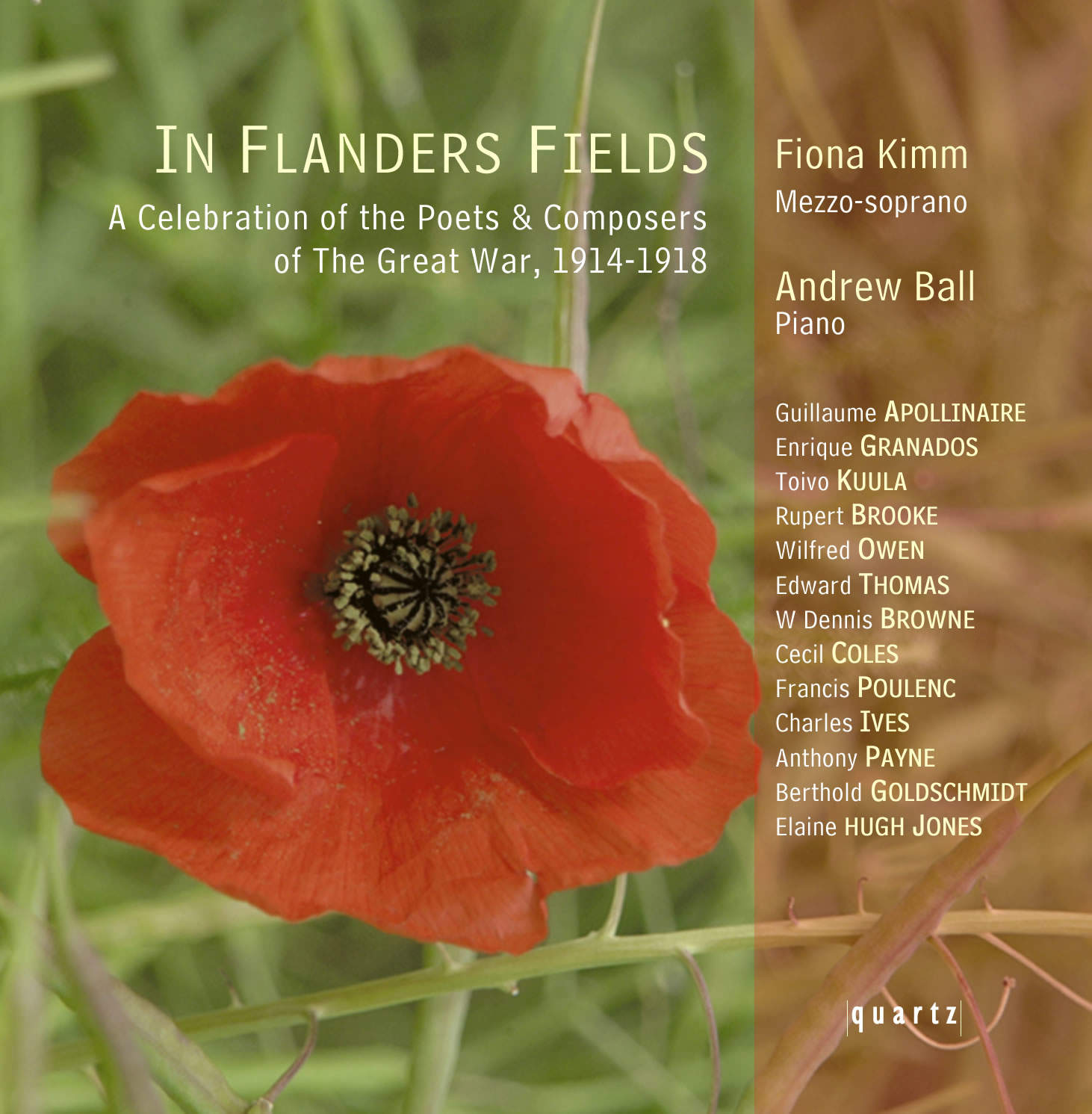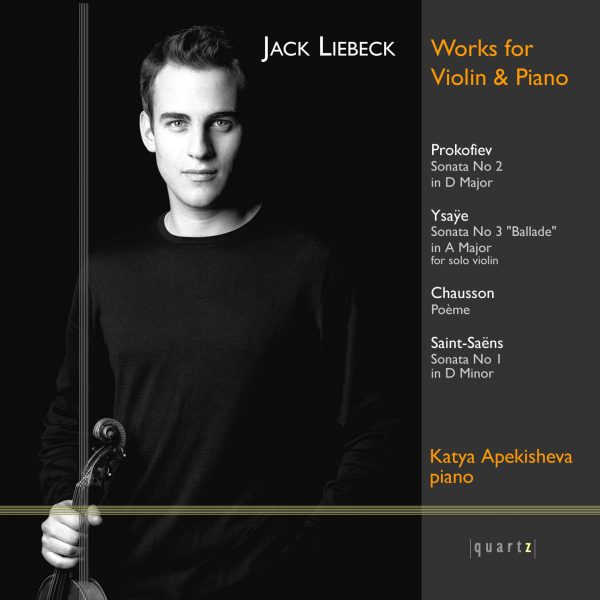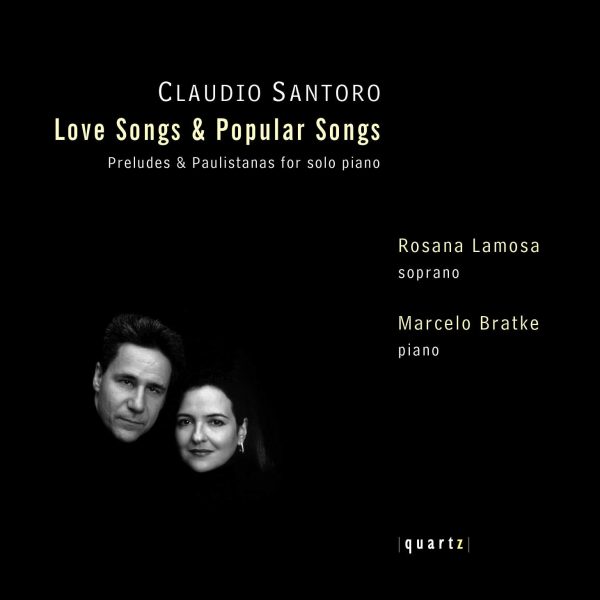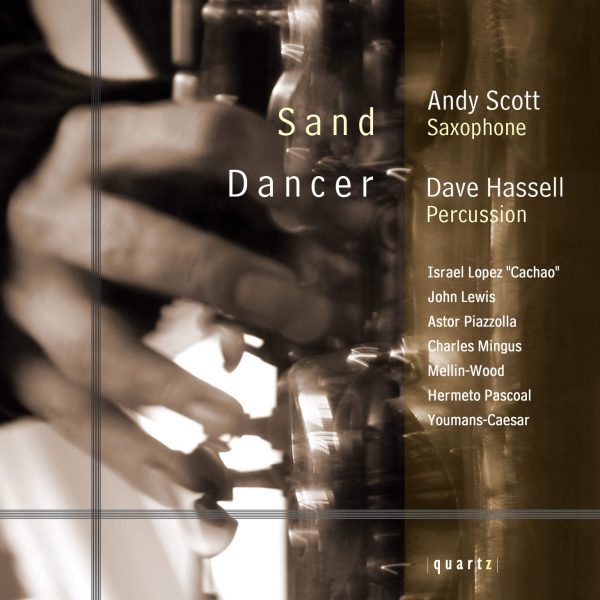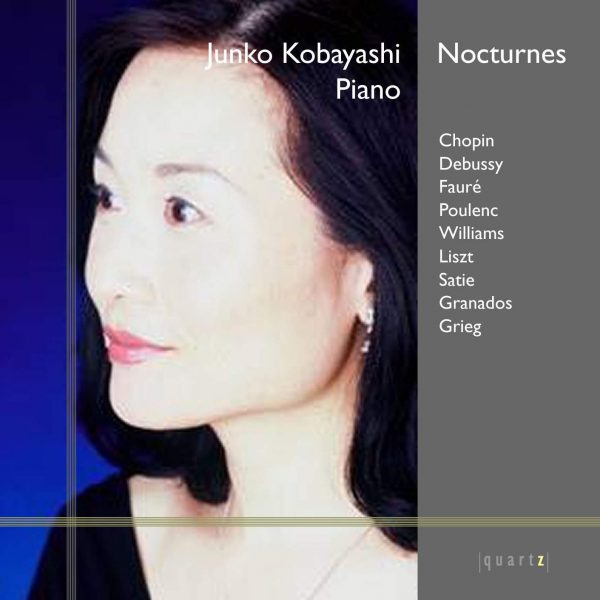In Flanders’ Fields
Price range: £4.99 through £11.99
La Maja Dolorosa
Enrique Granados
Banalites
Francis Poulenc
Tuijotin Tulehen Hauan
Toivo Kuula
Futility
I saw his round mouth’s crimson
Elaine Hugh-Jones
To Gratiana Dancing and Singing
William Denis Browne
Clouds
Berthold Goldschmidt
Adlestrop
Anthony Payne
Grantchester
THREE SONGS OF WAR:
In Flanders’ Fields
He is there
Tom sails away
Charles Ives
Fiona Kimm – mezzo-soprano
Andrew Ball – piano
A celebration of the poets and composers of the Great War 1914-1918
About This Recording
The devastation inflicted on the 20th Century by the Great War is incalculable. Not only through the conflict itself, but peripherally, the flower of artistic life was decimated. This recording celebrates the creative genius of some of those who perished in that war, both on the battlefield and through other actions.
Enrique Granados (1867 – 1916) was drowned when the SS Sussex in which he was returning from the USA to Europe, was torpedoed. Toivo Kuula (1883 – 1918), whose beautiful, lyrical songs are undeservedly unknown, was accidentally shot during celebrations for Finland’s independence, a side conflict to the Great War too often forgotten. Guillaume Apollinaire (1880 – 1916), whose poetry underpinned a troubled youth and unconfident spirit with wonderful and surreal imagery, died of pneumonia after he was wounded and gassed. Rupert Brooke (1887 – 1915) died of pneumonia whilst in transit to Gallipoli, where his school friend, W Dennis Browne (1888 – 1915) was killed. Cecil Coles (1888 – 1918) wrote “A Benediction” in the trenches in 1917, and lost his life there the following year. Edward Thomas (1878 -1917) was killed by a shell in the opening moments of the offensive surrounding Arras on Easter Monday. Wilfred Owen (1893 – 1918) was killed a week before the Armistice was signed, leaving perhaps the most lasting testament to the futility and brutality of the war. The Canadian doctor, Colonel John McCrae (1872 – 1918) whose poem, “In Flanders Fields” is perhaps the most well known evocation of the 1914-1918 war, died at the front of meningitis and pneumonia.
The works performed here are not specifically about war, though of necessity, some of the settings of Owen and McCrae do open up those wounds. The loss to the world of a generation of artists, poets, musicians, writers, sculptors, photographers and performers is unparalleled in any other conflict, and this cross section of words and music represents a tiny proportion of the creativity of the composers and poets of the early 20th century, whose early deaths robbed it of who knows what further creation. It is a memorial to those untimely deaths and a celebration of the spark of genius which flourished only to be extinguished in the “war to end all wars”.
Fiona Kimm
Track Listing
-
Enrique Granados
- La Maja Dolorosa: O muerte cruel
- La Maja Dolorosa: Ay! Majo de mi vida
- La Maja Dolorosa: De aquel majo amante Francis Poulenc
- Banalites: Chanson d'Orkenise
- Banalites: Hotel
- Banalites: Fagnes de Wallonie
- Banalites: Voyage a Paris
- Banalites: Sanglots Toivo Kuula
- Tuijotin tulehen kauan
- Kesayo kirkkomaalla
- Sinipiika
- Purjein Kuutamolla Elaine Hugh-Jones
- Futility
- I saw his round mouth's crimson William Denis Browne
- To Gratiana Dancing and Singing Cecil Coles
- A Benediction Berthold Goldschmidt
- Clouds Anthony Payne
- Adlestrop Charles Ives
- Grantchester
- Three Songs of War: In Flanders Fields
- Three Songs of War: He is there
- Three Songs of War: Tom sails away
